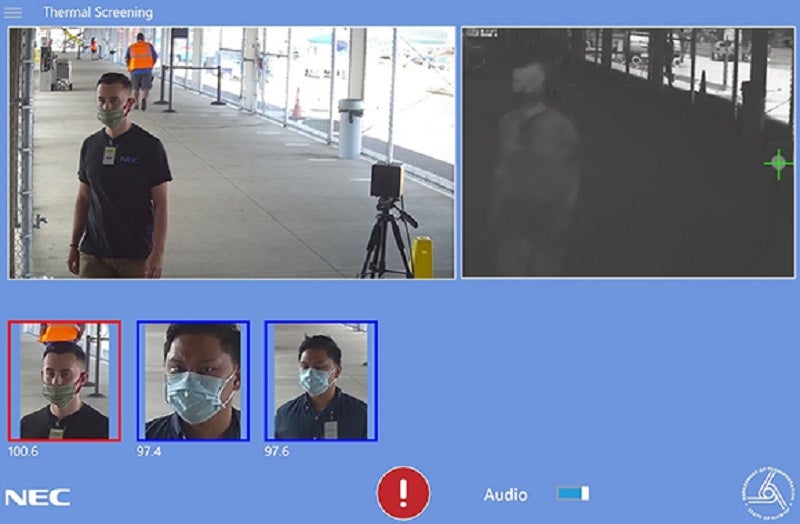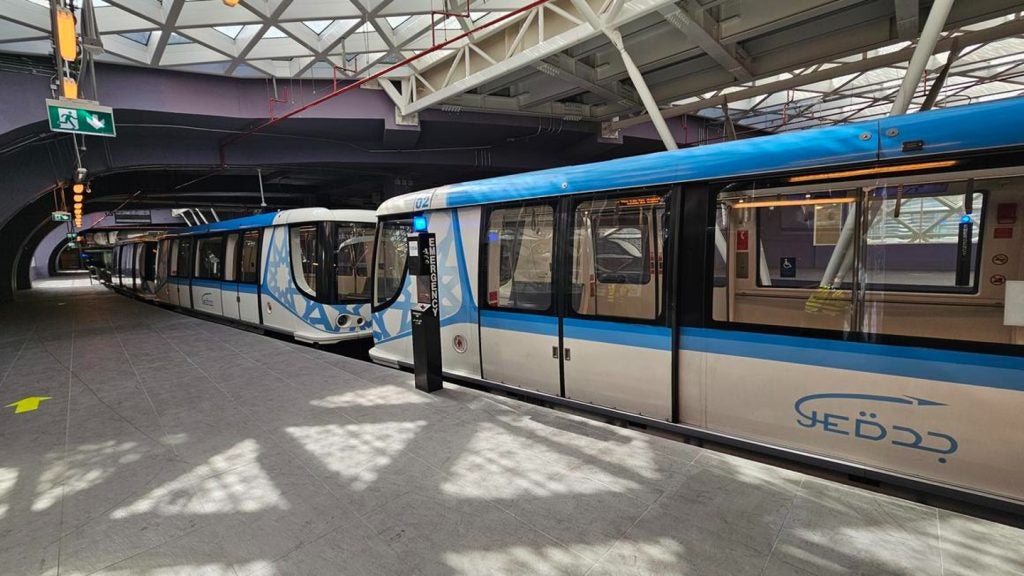
The Hawaii Department of Transportation (HDOT) has selected Japanese technology firm NEC and its partner Infrared Cameras to provide facial recognition and thermal temperature screening technology to its public airports.
This technology is expected to aid in the safeguarding of the community and to identify passengers who may have a higher body temperature.
The two companies submitted a proposal of $23.3m for the equipment and installation, along with a ten-year maintenance plan with a price of $1.42m each year.
The total amount of the contract is $37.5m.
HDOT plans to deploy the thermal temperature screening equipment at Daniel K Inouye International Airport (HNL), Kahului Airport (OGG), Lihue Airport (LIH), Ellison Onizuka Kona International Airport at Keahole (KOA), and Hilo International Airport (ITO).
Hawaii Governor David Ige said: “Taking these steps to implement the technology at our airports shows our commitment to providing preventative measures against Covid-19 for the community.
How well do you really know your competitors?
Access the most comprehensive Company Profiles on the market, powered by GlobalData. Save hours of research. Gain competitive edge.

Thank you!
Your download email will arrive shortly
Not ready to buy yet? Download a free sample
We are confident about the unique quality of our Company Profiles. However, we want you to make the most beneficial decision for your business, so we offer a free sample that you can download by submitting the below form
By GlobalData“We recognise that temperature screening won’t catch every infected passenger, but it is an available tool that can be implemented and combined with the additional measures the state is providing to help prevent the spread of this virus, while helping rebuild the economy.”
During Phase 1 of the project, the temperature scanners will be installed at the gates that serve the arriving transpacific flights.
Under Phase 2, they will be installed at the remaining gates. In Phase 3, facial recognition equipment will be installed by 31 December.
The facial recognition system will incorporate privacy protections from design to deployment and will adhere to the requirements of Hawaii.
The system will temporarily store the image of a person who has an elevated temperature to aid in the identification by airport representatives. The image will be removed in 30 minutes.
NEC senior vice-president Toshifumi Yoshizaki said: “We are honoured to become a part of this significant project for Hawaii towards the revival of tourism and business in the state.
“We believe NEC’s technology will help to ensure the safety and health of visitors and residents of Hawaii against Covid-19, and our team will make every effort to ensure the success of this public and private joint project together with all of the partner companies.”
In January, NEC Corporation signed a contract with Myanmar’s Department of Civil Aviation for the supply of aircraft radar systems to three international airports in the country.




